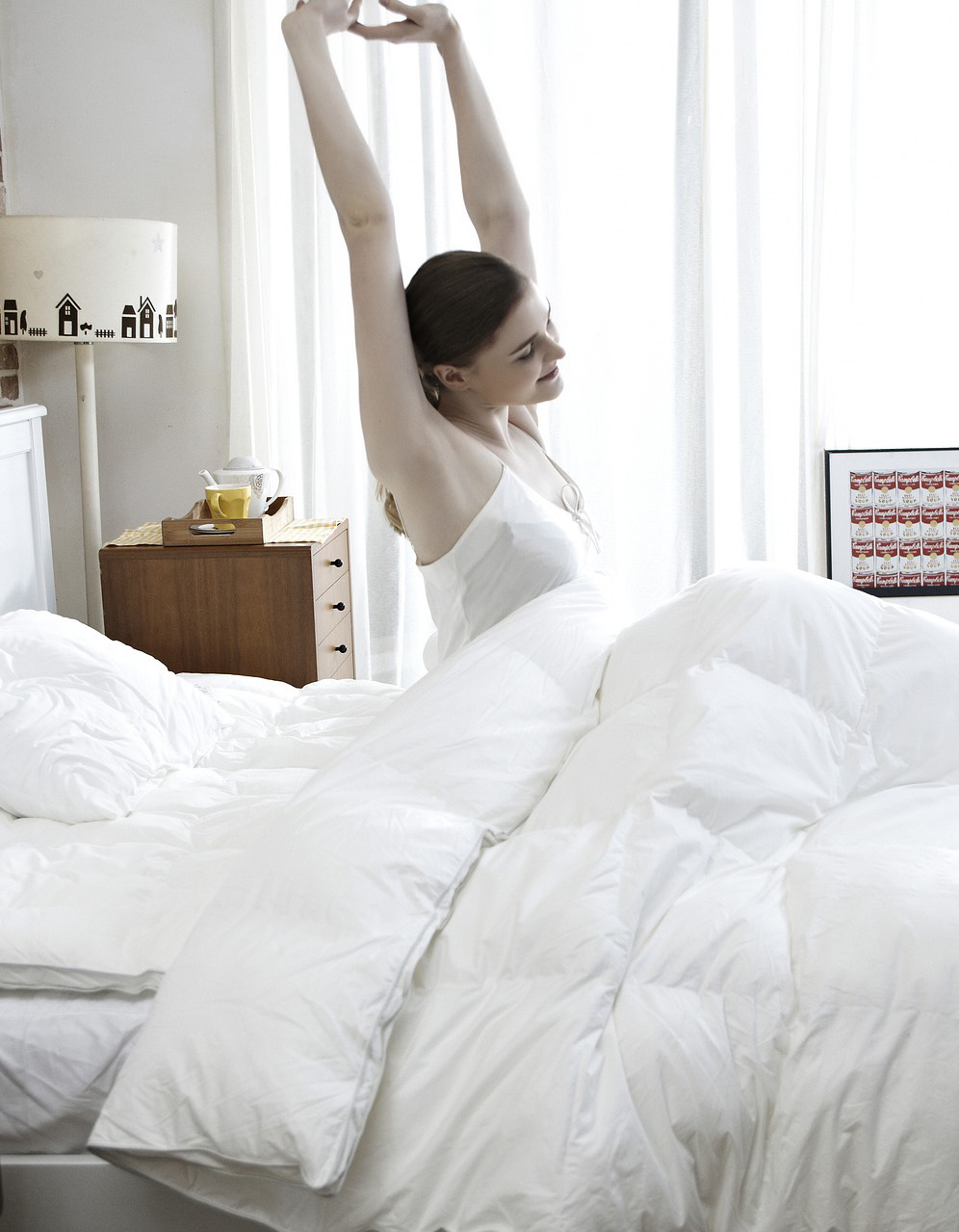- Back Off of Blue Light
Blue light is emitted by smartphones, e-readers, tablets, computer screens, TVs, and digital clocks, and it can be hazardous to the eyes and interrupt sleep. To get a decent night’s sleep, limit screen usage for several hours before bedtime. It may also be beneficial to use orange-tinted glasses that block out blue light. Apps that inhibit blue light from being emitted by screens are available for your computer, tablet, and smartphone. Aside from avoiding blue light exposure, it’s a good idea to turn off your computer several hours before bedtime to improve your chances of obtaining a decent night’s sleep. Any displays that may be visible from your bed, such as a digital clock, should be hidden. The use of blackout curtains might help to keep a room dark.
- Nap if You are Sleep-Deprived
Naps are an excellent method to get some extra rest if you’re exhausted, but taking too long of a nap will make sleeping at night more difficult. The finest naps are those that last less than 20 minutes. Any more than that may make it difficult to get a good night’s sleep. Short naps have been shown to improve alertness, mood, and performance in people. Take a snooze in a cold, dark area to get the most out of them. Avoid resting too late in the day, because it can interfere with your overnight sleep. Sleep inertia, or grogginess and disorientation that happens for a few minutes to 30 minutes after waking up from deep rest, is linked to naps lasting longer than ten to 20 minutes.
- Clock-Watching Increases Anxiety
When you’re having difficulties falling or staying asleep, one of the worst things you can do is keep an eye on the clock. Watching the seconds, minutes, or hours tick by when you’re wide awake might cause a lot of tension, which won’t help you sleep better. Avoid the urge to keep an eye on the time. Turn the clock so that the display is hidden. Instead, do something practical to occupy your time and induce sleep. To help you fall asleep, read a book, get up and do some light housework, or drink a cup of decaf tea or warm milk. Everything you can do to divert yourself and pass the time is beneficial when you can’t sleep.
- Use Pillows to Ease Low Back Pain
One study found that people with acute or chronic low back pain have difficulty sleeping. There was no link between pain intensity and sleep disruption. Sleep on your side to relieve strain on your lower back if you suffer from back pain. To prevent low back discomfort further, place a pillow between your knees to ensure your hips are aligned. Make sure your mattress is firm enough to support your back and doesn’t worsen your pain. To protect your back, swing your legs together and avoid bending at the waist when getting into and out of bed.
- Keep Your Neck in a Neutral Position
Many people have problems falling asleep because of neck pain. Maintaining appropriate posture can help you sleep better and lessen the likelihood of neck pain. Make sure your neck is in a “neutral” position before you begin. That is, your nose should be aligned with your body’s center. To keep your neck in a neutral place, get a pillow that is the proper height. If you raise your head too high, your neck will be forced forward. If you sit too low, your neck will be too far backward. Good options include a feather or memory foam cushion that adapts to the shape of your head and neck. Avoid sleeping on your stomach if at all possible. In this position, your head is rotated to the side, twisting your neck, perhaps causing pain and putting strain on your neck.


